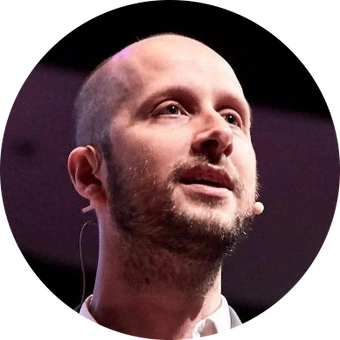Software Engineer II

Microsoft
Software Engineer II
Multiple Locations, United States
Save
Overview
The Microsoft Azure Host Networking and Hardware Acceleration team builds high-performance and reliable networking solutions for the cloud. This team has a history of transforming research projects into foundational Azure offerings that support global-scale workloads.
As a Software Engineer II on the Network Interface Card (NIC) and Remote Direct Memory Access (RDMA) team, you will contribute to projects that move from incubation to production. Your work will involve distributed systems and technologies such as RDMA and input/output (I/O) virtualization, including delivering RDMA solutions optimized for artificial intelligence (AI) workloads. Responsibilities include designing for performance, implementing test methodologies, and collaborating on solutions that enhance scalability and reliability.
This role offers opportunities to work on advanced networking technologies and accelerate innovation in cloud infrastructure. You will help build systems that improve efficiency and performance for Azure customers worldwide.
Microsoft’s mission is to empower every person and every organization on the planet to achieve more. As employees we come together with a growth mindset, innovate to empower others, and collaborate to realize our shared goals. Each day we build on our values of respect, integrity, and accountability to create a culture of inclusion where everyone can thrive at work and beyond.
Qualifications
Required Qualifications:
- Bachelor's Degree in Computer Science or related technical field AND 2+ years technical engineering experience with coding in languages including, but not limited to, C, Rust, or C++
- OR equivalent experience.
- 2+ years experience leading to delivering a significant software engineering project.
- 1+ years experience with cloud infrastructure technologies.
Other Requirements:
- Ability to meet Microsoft, customer and/or government security screening requirements are required for this role. These requirements include, but are not limited to the following specialized security screenings:
- Microsoft Cloud Background Check: This position will be required to pass the Microsoft Cloud Background Check upon hire/transfer and every two years thereafter.
Preferred Qualifications:
- Bachelor's Degree in Computer Science or related technical field AND 5+ years technical engineering experience with coding in languages including, but not limited to, C, Rust, or C++
- OR Master's Degree in Computer Science or related technical field AND 3+ years technical engineering experience with coding in languages including, but not limited to, C, Rust, or C++
- OR equivalent experience.
- 1+ years experience with Hardware software co-design, DPUs, computer networking, and general cloud technologies.
Software Engineering IC3 - The typical base pay range for this role across the U.S. is USD $100,600 - $199,000 per year. There is a different range applicable to specific work locations, within the San Francisco Bay area and New York City metropolitan area, and the base pay range for this role in those locations is USD $131,400 - $215,400 per year.
Certain roles may be eligible for benefits and other compensation. Find additional benefits and pay information here: https://careers.microsoft.com/us/en/us-corporate-pay
Microsoft will accept applications and processes offers for these roles on an ongoing basis
#azurecorejobs
Responsibilities
- Partner with appropriate stakeholders to determine user requirements for a set of scenarios.
- Lead identification of dependencies and the development of design documents for a product, application, service, or platform.
- Work with peers to produce extensible and maintainable code used across products.
- Leverage knowledge of cross-product features with appropriate stakeholders (e.g., project managers) to drive multiple group's project plans, release plans, and work items.
- Hold accountability as a Designated Responsible Individual (DRI), mentoring engineers across products/solutions, working on-call to monitor system/product/service for degradation, downtime, or interruptions.
- Proactively seek new knowledge and adapt to new trends, technical solutions, and patterns that will improve the availability, reliability, efficiency, observability, and performance of products while also driving consistency in monitoring and operations at scale and shares knowledge with other engineers.
